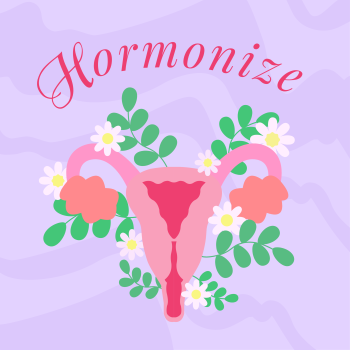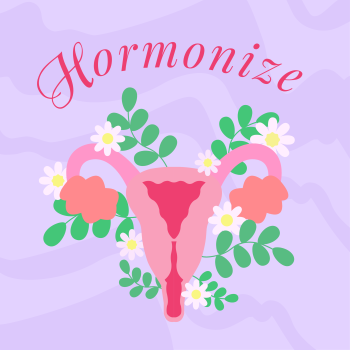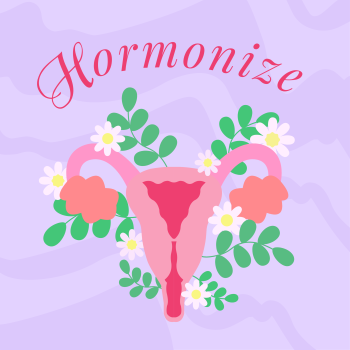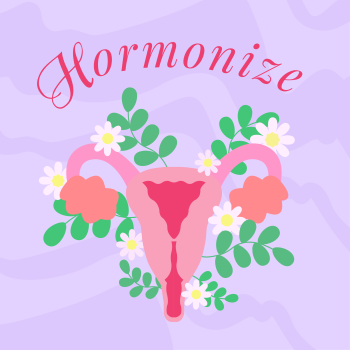






|
Most of those involved from the first INC session that was held in Punta del Este, Uruguay: 28 November to 2 December 2022; to the second session that was held in Paris, France: 29 May to 2 June 2023; and the third session that was held in Nairobi, Kenya: 13 to 19 November 2023; to the fourth session that was held in Ottawa, Canada: 23 to 30 April 2024 hoped that by the start of the fifth session, countries would have started to converge on key parts of the treaty. But difficult negotiations have led to discord among countries.
Multilateral agreements are often reached by consensus and, when that is not possible, negotiations adopt rules dictating countries to vote on contentious points. However, since the start of INC process some countries have opposed the voting option, which might lead to a weak treaty, to avoid blowing up the talks entirely. The biggest points of tension are whether the treaty includes curbs on the amount of plastic the world makes; which dangerous chemicals to ban from plastic products; and how countries could finance the obligations of the final treaty. Though countries are aligning on some big points such as the need for plastic waste management; recycling; product redesigns; and measures to regulate plastic in fishing gears that plagues the ocean life.
The original mandate for the treaty is to address plastic pollution by taking a full-life-cycle approach, some countries say this implicitly includes production and curbing it while opposing countries argue that fossil fuels; petrochemicals; and plastics manufacturing are important to their economies. So, this session might not be enough for states to reach an agreement, which could trigger extension of negotiations to another session in 2025. Because the text agreed in Busan would ultimately determine the treaty and it would take many years and be extremely challenging to amend the treaty. If countries do agree to a treaty by the end of this session, it will be open for ratification by mid-2025. |





 Published on 25.11.2024 at 16:40
Published on 25.11.2024 at 16:40